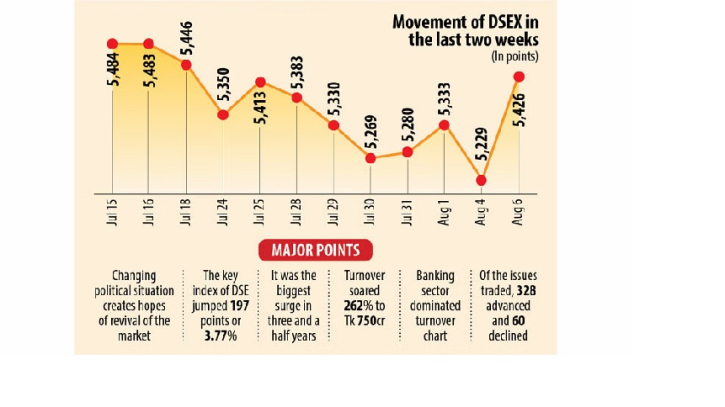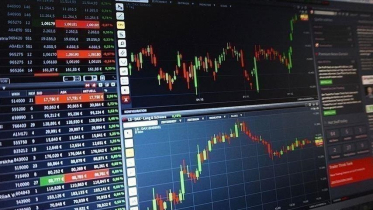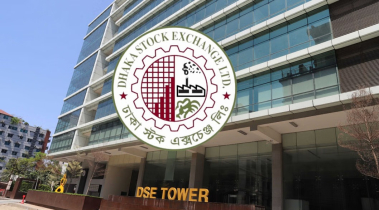Licences Without Logic? Stock Market Oversaturated During Hasina’s Tenure

Published : 23:34, 6 July 2025
Over the last 15 years of the Awami League’s rule, Bangladesh’s capital market has seen a sharp increase in the number of stockbrokers, merchant banks, and asset management firms — despite a stagnant market, low investor participation, and declining IPO activity. The Bangladesh Securities and Exchange Commission (BSEC) has approved licences for hundreds of intermediaries, raising concerns about regulatory oversight, service quality, and market stability. Asset management companies rose from 14 to 67, merchant banks from 18 to 66, and stockbrokerage firms from 370 to 402. Yet, investor accounts halved from 3.4 million to 1.67 million. Experts argue these approvals were politically motivated and out of sync with market demand. Industry leaders and economists say fierce competition has forced firms to cut corners, with many intermediaries either inactive or struggling. Regulatory capacity remains stretched, with over 600 entities to monitor. Meanwhile, the mutual fund sector remains weak, managing assets worth less than 2% of total market capitalization. Compared to similar-sized markets, Bangladesh has a disproportionate number of intermediaries — far more than India, Vietnam, or Sri Lanka — despite managing significantly fewer IPOs. Experts call for merging stock exchanges and intermediaries, improved governance, and revised policy frameworks to rebuild investor trust and bring quality firms to the market.
BD/Sk










